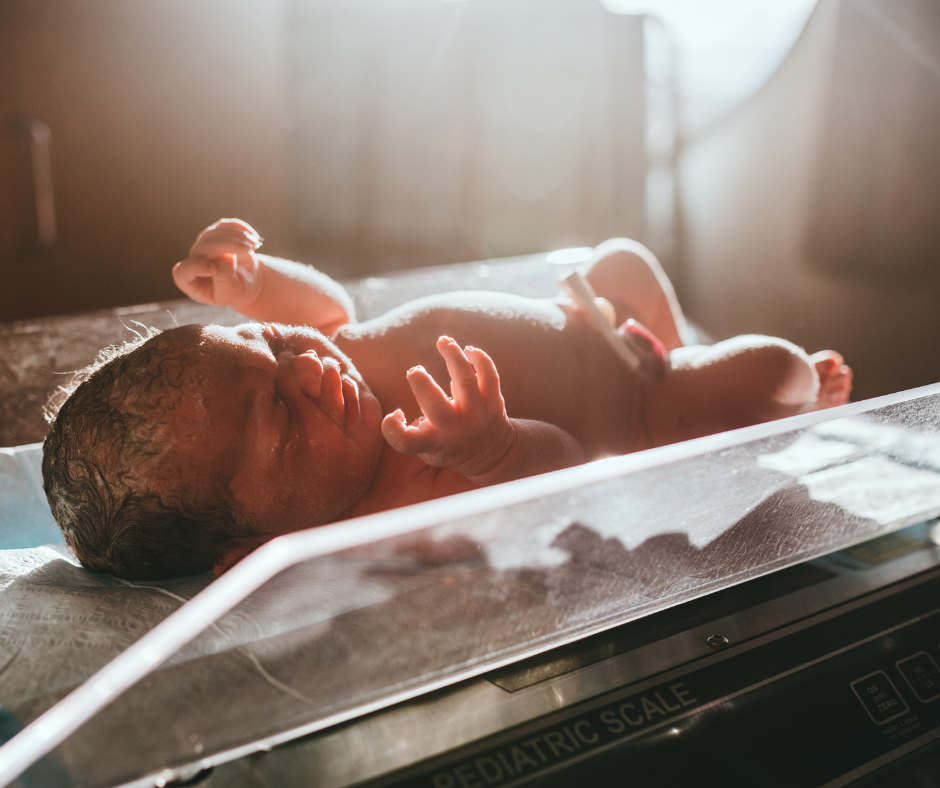
When a baby is born, doctors do some special tests. These tests are called newborn screening tests. They help make sure the baby is healthy and doesn’t have any hidden problems.
What are newborn screening tests?
Newborn screening tests are quick and easy checks done on all new babies. They look for rare health issues that might not be easy to see just by looking at the baby. These tests can find problems early, before the baby gets sick.
How do they do the tests?
The tests are usually done when the baby is 1 to 2 days old. Here’s what happens:
- A nurse takes a tiny bit of blood from the baby’s heel.
- They put the blood on a special paper.
- The paper is sent to a lab for testing.
Some babies also get a hearing test and a heart test.
What do the tests look for?
The tests check for many different things that could make a baby sick. Some examples are:
- Problems with how the body uses food
- Issues with the baby’s blood
- Trouble with important body parts like the heart or lungs
Why are these tests important?
These tests can find problems before they make the baby very sick. If doctors find a problem early, they can start helping the baby right away. This can make a big difference in keeping the baby healthy as they grow up.
What happens after the tests?
Most of the time, the tests show that everything is okay. If a test finds something wrong, the doctor will talk to the parents. They might need to do more tests or start treating the baby.
Newborn screening tests are a great way to make sure babies get a healthy start in life!
Want more information?
Here’s a list of organizations that provide valuable resources and information about newborn screening tests:
- March of Dimes: www.marchofdimes.org
- Save Babies Through Screening Foundation: www.savebabies.org
- Baby’s First Test: www.babysfirsttest.org
- American Academy of Pediatrics (AAP): www.aap.org
- Centers for Disease Control and Prevention (CDC): www.cdc.gov/newbornscreening
- National Newborn Screening & Global Resource Center : www.newbornscreening.info


